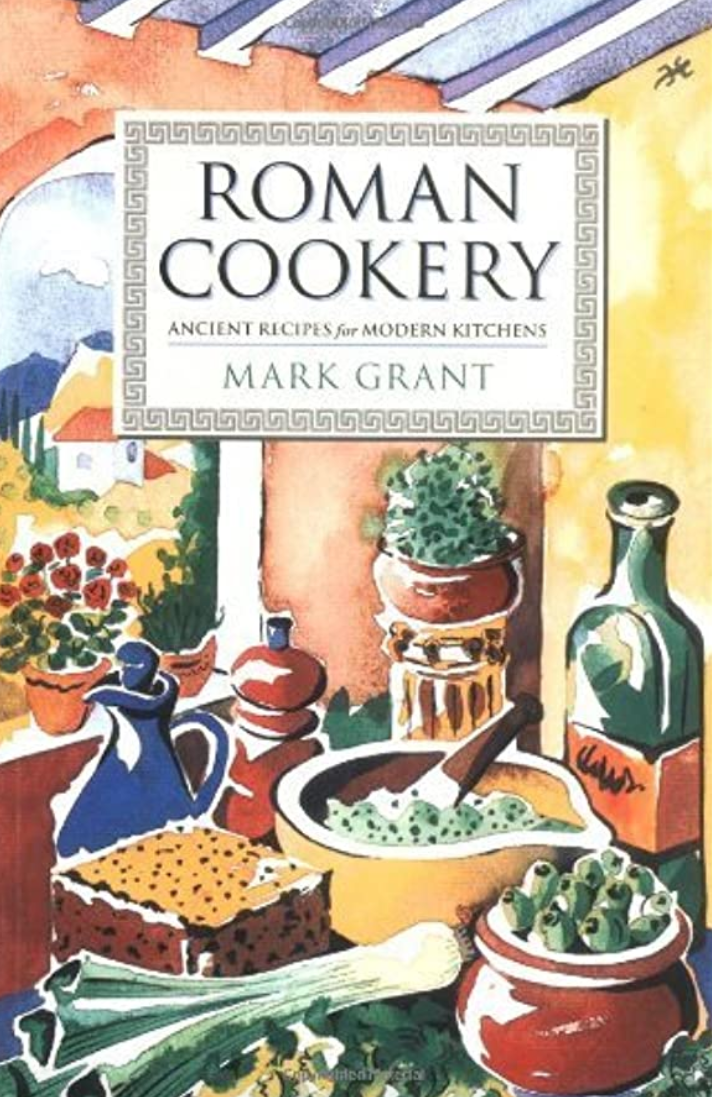Professor of Classics David Rohrbacher’s Food and Dining in Ancient Rome Independent Study Project (ISP) was a huge hit among students, drawing in well over a dozen first-years for their first group ISP. Take a look back on the different meals and students’ experience with cooking authentically ancient Roman food!
Inspired by Mark Grant’s Roman Cookery: Ancient Recipes for Modern Kitchens, Rohrbacher and some enterprising students spent the month of January reading, researching, cooking and eating straight from Roman history. The menu included roast boar, prawn patties and lamb brains. Some of these, including the ostrich and wild boar, were offered throughout the ISP period to any students willing to test the limits of their palate, and more than one Catalyst staff member got a bite of the struthio elixus—boiled ostrich with date sauce in the common tongue. Not all students partook of every dish offered, but all tried at least one, and anybody who visited campus had a real shot of seeing this ISP in action as they literally broke bread at College Hall.
This isn’t to say that they were just cooking—students undertook a number of readings on the history associated with these dishes.
A vegan favorite was the phakoptisana, a lentil-and-barley soup prepared in the first few days of the ISP. It’s made by adding barley and lentils in a casserole that you leave to soak overnight, before chopping up a leek, dill and savory. Toss those in a casserole, simmer for an hour, and voila! A bona fide Roman soup.
The struthio elixus is made in a deceptively simple way. Toss pepper, mint, cumin, celery seeds, dates, honey, vinegar, possum, garum and oil in a pot, thicken it with start and then either cover the ostrich in the sauce or cook it right inside. The accompanying date sauce is made by pitting and chopping some dates and then mixing in the same sauce from the ostrich.
The porridge a la Julianus (our resident lamb-brain meal) is made with ground brains and meat and some mild seasoning, before mixing it with broth and then serving as porridge—another surprisingly easy recipe.

